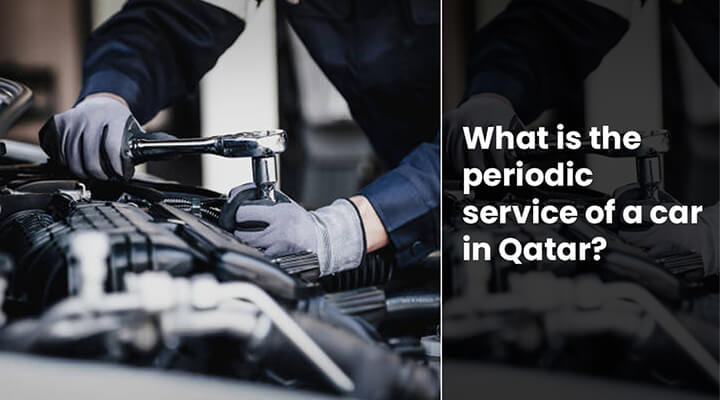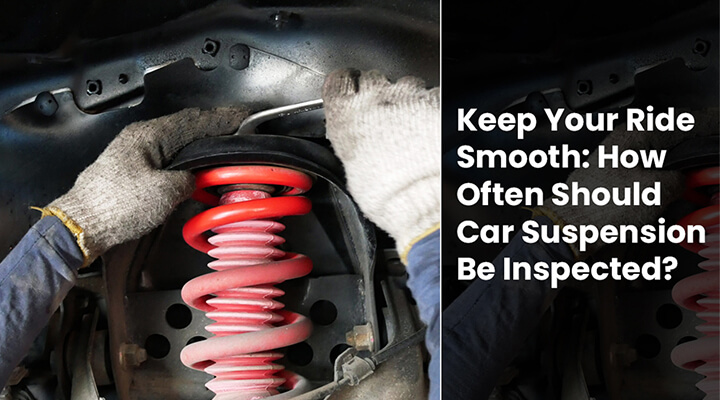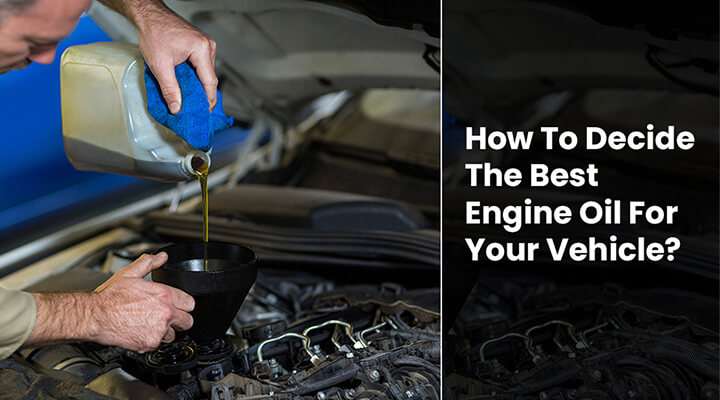Periodic Car Service in Qatar: Ensuring Optimal Performance and Longevity
Regular maintenance is crucial for keeping your car running smoothly and safely, especially in the demanding climate of Qatar. Periodic car service involves a series of routine checks and replacements that help prevent breakdowns and extend the lifespan of your vehicle. This blog will discuss the importance of periodic car service, what it typically includes, and how often you should service your car in Qatar.
Importance of Periodic Car Service
- Safety:
- Regular servicing ensures that critical safety components like brakes, tires, and suspension are in good working condition, reducing the risk of accidents.
- Performance:
- Keeping your engine, transmission, and other vital systems well-maintained ensures your car performs optimally, providing a smoother and more enjoyable driving experience.
- Fuel Efficiency:
- A well-maintained car is more fuel-efficient, helping you save money on fuel in the long run.
- Longevity:
- Routine maintenance helps identify and fix minor issues before they become major problems, extending the life of your vehicle.
- Resale Value:
- A well-documented service history enhances your car’s resale value by assuring potential buyers that the vehicle has been well cared for.
Typical Components of Periodic Car Service
Periodic car service usually includes several checks and replacements to ensure all parts of your car are functioning correctly. Here are some of the typical components of a periodic car service:
- Oil and Filter Change:
- Regular oil changes are crucial for lubricating engine components and preventing excessive wear and tear. Replacing the oil filter ensures that contaminants are removed from the engine oil.
- Fluid Levels Check:
- Checking and topping up all essential fluids, including brake fluid, coolant, transmission fluid, and power steering fluid, is vital for the smooth operation of your car.
- Brake Inspection:
- Inspecting the brake pads, rotors, and brake fluid to ensure your braking system is effective and safe.
- Tire Check:
- Inspecting tires for wear and tear, ensuring proper alignment, and maintaining the correct tire pressure to improve safety and fuel efficiency.
- Battery Check:
- Testing the battery’s charge and checking for any corrosion to prevent starting issues.
- Air Filter Replacement:
- Replacing the air filter to ensure that the engine receives clean air, which is crucial for efficient combustion and performance.
- Belt and Hose Inspection:
- Checking belts and hoses for signs of wear or damage to prevent breakdowns.
- Suspension and Steering Check:
- Ensuring that the suspension and steering components are in good condition for a smooth and stable ride.
- Lights and Wipers:
- Checking all lights and wipers to ensure they are working correctly for safe driving conditions.
Recommended Service Intervals
Service intervals can vary based on your vehicle’s make, model, and driving conditions. However, general guidelines for periodic car service in Qatar are as follows:
- Every 5,000 to 7,500 Kilometers:
- Perform an oil change, check tire pressure, inspect brakes, and top up all fluids.
- Every 15,000 Kilometers:
- Replace the air filter, inspect belts and hoses, and perform a comprehensive brake inspection.
- Every 30,000 Kilometers:
- Replace the fuel filter, inspect the suspension and steering system, and perform a thorough battery check.
- Every 60,000 Kilometers:
- Replace the timing belt (if applicable), inspect and possibly replace spark plugs, and perform a detailed inspection of the entire vehicle.
Special Considerations for Qatar’s Climate
Qatar’s harsh climate can put extra stress on your vehicle, necessitating more frequent maintenance. The high temperatures and dusty conditions can lead to faster wear and tear on components like the air filter, cooling system, and tires. It’s essential to:
- Check and Replace Air Filters More Frequently:
- Dusty conditions can clog air filters quickly, reducing engine performance and fuel efficiency.
- Monitor Coolant Levels:
- The extreme heat can cause coolant to evaporate faster, so regular checks and top-ups are crucial.
- Inspect Tires Regularly:
- High temperatures can increase tire pressure and wear, so frequent inspections and pressure adjustments are necessary.
- Battery Maintenance:
- Heat can shorten battery life, so regular inspections and maintenance are essential to avoid starting problems.
Conclusion
Periodic car service is vital for maintaining your vehicle’s safety, performance, and longevity, especially in the challenging climate of Qatar. By adhering to recommended service intervals and paying special attention to climate-related factors, you can ensure your car remains in top condition. Trust Qservices Qatar for all your car maintenance needs, where our experienced technicians provide comprehensive service to keep your vehicle running smoothly. Regular maintenance is an investment in your car’s future, ensuring reliability and peace of mind on the road.



